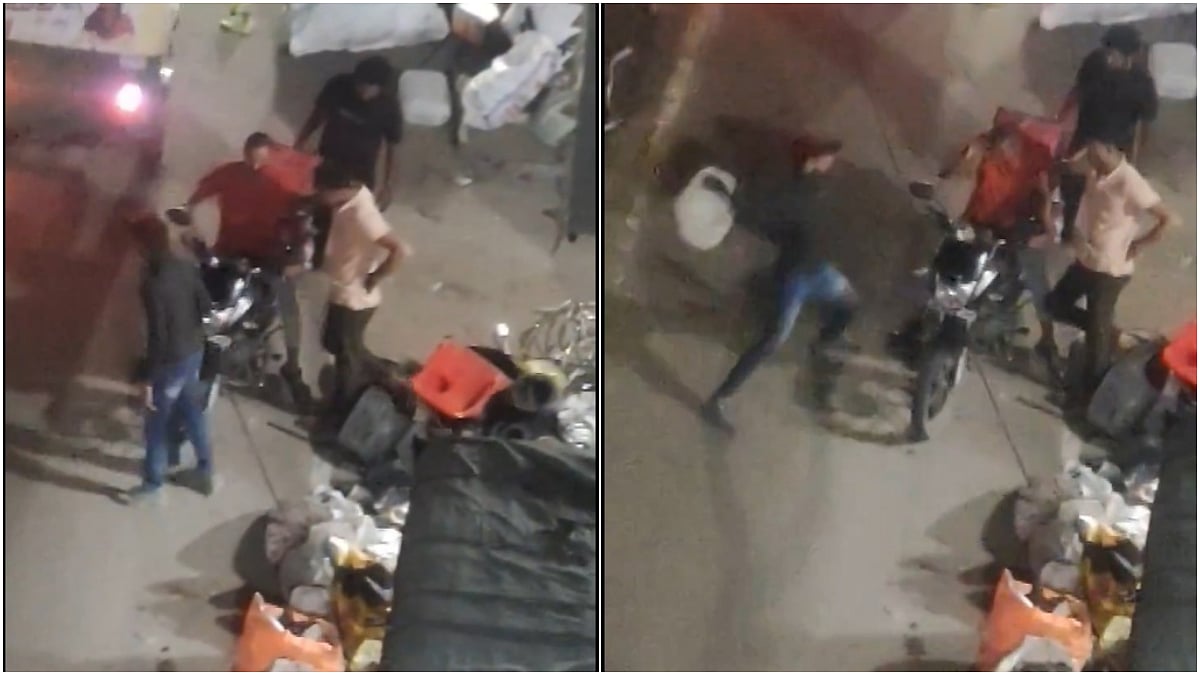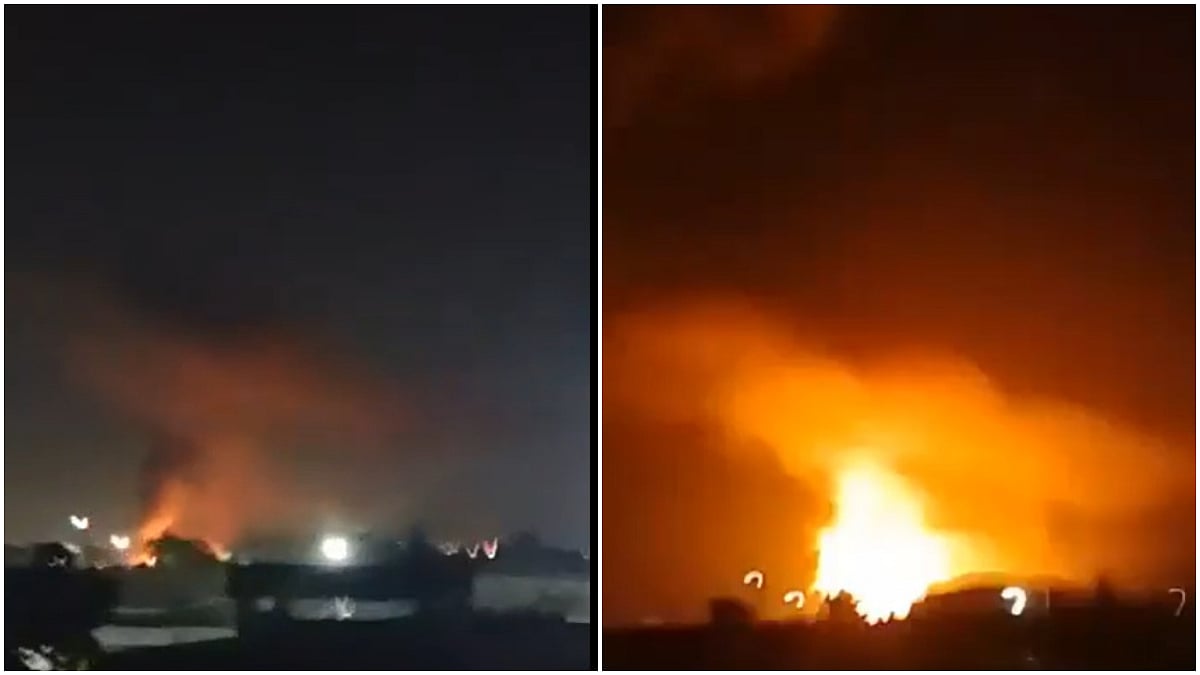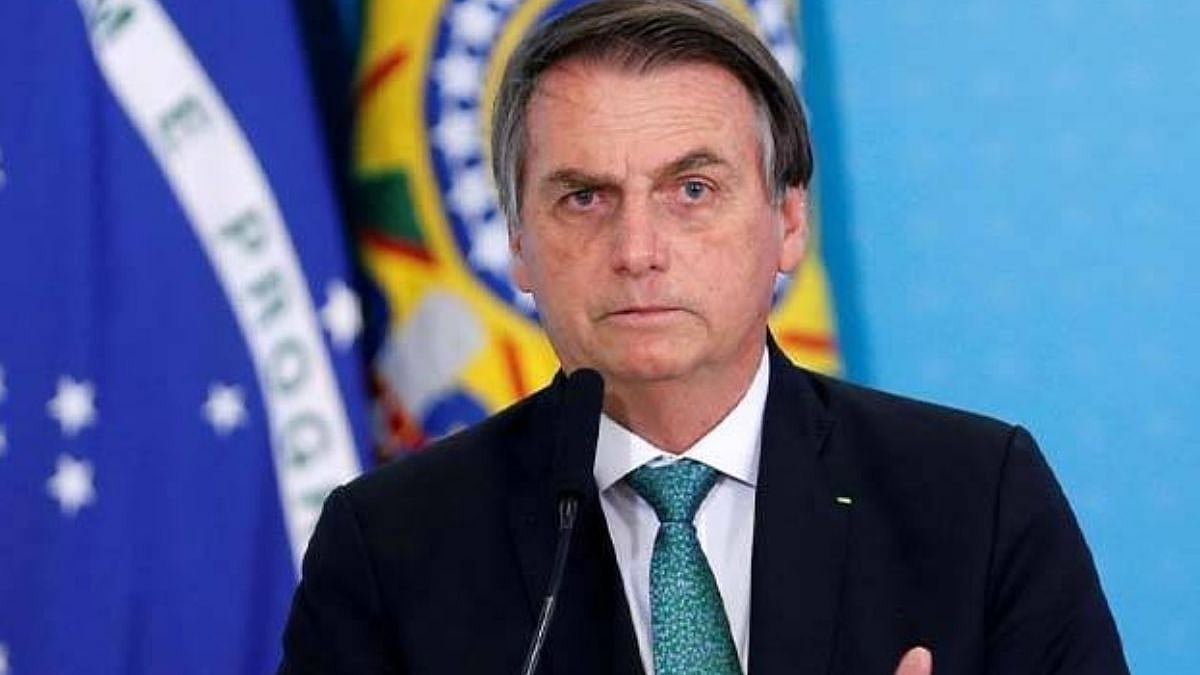In the early years of Indian tennis, there was a figure known as the non-playing captain. He wore the team blazer, sat courtside, and made decisions from the sidelines—who played singles, who partnered in the doubles. But he never stepped onto the court himself. He didn’t face the pressure of match point, nor carry the weight of every shot in a high-stakes rally. It sometimes led to confusion, as the captain’s perception of the game diverged from the reality experienced by the players actually on court.
That old metaphor has returned to us in a far more serious setting. Once again, we find ourselves surrounded by armchair commentary, this time not in sport but in the sensitive arena of national security. In the wake of another provocation from across the border, with the familiar pattern of state-sponsored terrorism playing out from Pakistani soil, tensions are understandably high.
India has lived with this challenge for decades—an exhausting cycle of attacks, denials, diplomatic theatrics, and the quiet burden of strategic restraint. It takes maturity to respond without provocation and courage to act without spectacle.
But this is precisely why we, as citizens, must understand our role. And more importantly, understand its limits.
Ours is a democratic republic—vigorous, noisy, often disagreeing—but built on institutions that are more resilient than we give them credit for. Political authority rests with our elected representatives. Strategic decision-making lies with those entrusted by law and experience to carry it out. The military, intelligence, and security establishments operate within frameworks that are agile, layered, and responsive to the complex pressures of geopolitics, defence, and domestic impact. These are not off-the-cuff responses but deliberated moves shaped by information and judgement few of us outside the system have access to. However passionately we may feel, this is a moment to step back and allow that machinery to function without the din of public second-guessing.
There is a dangerous temptation to react in real time. Television panels fill with voices who claim to know what the response should be. Social media platforms become battlegrounds for outrage, speculation, and self-appointed experts. Some of this stems from genuine concern. But much of it ends up amplifying confusion, not clarity. In moments of national tension, discipline matters as much as dissent. This is not about silencing opinion but about recognising timing and responsibility.
In times of heightened security operations, it is vital to recognise that real-time reporting or public commentary on troop movements, tactical actions, or defence responses can do more harm than good. Such disclosures—however well-intentioned—risk compromising ongoing missions, exposing strategic positions, and endangering lives. History has shown us, from Kargil to 26/11, the consequences of premature or careless reportage. There are clear legal frameworks that govern what can be shared and when, with only authorised briefings permitted during anti-terror or defence operations.
More concerning is the role of misinformation in such times. Across the border, a well-oiled ecosystem of fake news is already at work—spreading doctored videos, misleading headlines, and false narratives. Its aim is not just to distort facts but to provoke an emotional overreaction within our own society. That is how psychological warfare works. We must not fall into the trap. The only information we should trust are verified updates from official government sources and the armed forces. Everything else, however sensational or seemingly credible, must be treated with caution.
And the threat is not limited to misinformation alone. The modern battlefield is digital too. Cyber-attacks, phishing scams, and coordinated data breaches are very real risks in such times. Every link we click, every message we forward, can unwittingly become part of the problem. This is the time to be vigilant—not just in our opinions but in our digital behaviour.
What stands out in this moment is the restraint shown by our institutions. The government has not rushed to theatrics. The armed forces have not engaged in loud declarations. We are being briefed with facts, not frenzy—with evidence, not emotion. It is also a signal to the rest of us that we must mirror that restraint. Forwarding unverified clips, indulging in conspiracy theories, or performing patriotism for the camera does not serve the national interest. It reduces serious issues to spectacle.
Those with criticisms of our defence posture or questions about strategy have every right to ask them—there is a time and platform for that. But this is neither. A moment of potential escalation is not the setting for public debate. It is a time for national cohesion and clarity. Strategy is not a live commentary; it is an evolving arc shaped by multiple dimensions we may not immediately see. Not every move will be explained in real time. Nor should it be.
Even those with expertise must recognise the importance of institutional roles. If you have worn the uniform, been in strategic command, or understand these dynamics deeply, your experience is valuable. But today, even that knowledge must bow to the chain of command and process that is underway. The nation cannot afford a thousand captains. We must allow those on the frontlines—whether in uniform or in government—to navigate this moment without distraction from the sidelines.
India is governed by democratic institutions that have shown their ability to handle pressure and complexity. Political decisions are being made through well-established channels. Defence strategies are being crafted with the inputs of those tasked with safeguarding us. The apparatus of the Indian state is doing what it must. And it deserves the space to do it without a running commentary.
Most of us are peacetime citizens. We wake up to routine, go about our lives, and carry opinions on everything from traffic to foreign policy. But we are not soldiers. We do not stand on a border in the dead of night wondering if the silence will hold. We do not feel the weight of a bulletproof vest or the uncertainty of what tomorrow may bring. And because we do not carry that burden, we must not pretend we understand it. We must not project our opinions onto those who live in a reality we are sheltered from.
War, or the threat of it, is not a television debate. It is not a matter of hashtags or hot takes. It is a solemn responsibility that belongs to those trained, prepared, and entrusted to carry it. Let them do their job. Let the government, with all its levers of intelligence, diplomacy, and defence, do what it must. The best way we can serve the moment is by stepping back and showing respect.
We all want to help. We want to express solidarity. We want to be seen standing by the nation. That is understandable. But patriotism is not a performance. Sometimes, it is an act of quiet discipline. Sometimes, it is about knowing when not to speak, when not to share, and when not to react. That too is a form of service. That ‘some time’ is now.
So let us resist the urge to be non-playing captains. Let us not pretend to fight battles we do not understand or offer advice that is neither sought nor helpful. At this time, the country does not need spectators with microphones. It needs citizens with composure.
That alone, for now, will be enough.
Dr. Srinath Sridharan, Corporate Advisor & Independent Director on Corporate Boards. Author of ‘Family and Dhanda’.











